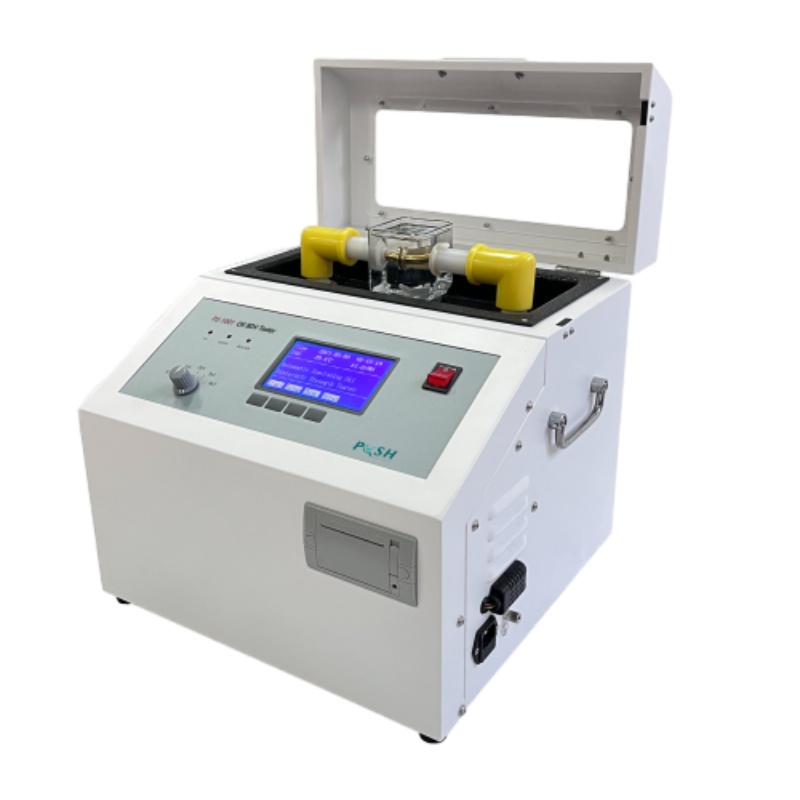 English
English


Capacitive Voltage Transformer Testing
Testing of Capacitive Voltage Transformers
Capacitive voltage transformers (CVTs) are essential components in electrical power systems, providing means to measure high voltages while ensuring electrical isolation and safety
. Due to their critical role in monitoring and protection, rigorous testing of CVTs is required to ensure reliable performance.Testing of capacitive voltage transformers typically includes routine, type, and special tests. Routine tests are performed on every unit produced and usually include insulation resistance, power factor (dissipation factor), and capacitance measurements. These tests help verify that the transformer meets electrical specifications and is safe for operation.
Type tests are more extensive and are conducted on a representative sample of CVTs. These include high voltage testing, which assesses the transformer's ability to withstand overvoltages. It usually involves applying a voltage higher than the rated value for a specified period. Additionally, measurements such as frequency response and power factor at various temperatures are conducted to understand the CVT behavior under different operational conditions.
capacitive voltage transformer testing

Another critical aspect of CVT testing is the verification of its accuracy. This involves comparing the output voltage of the CVT against a known reference under various conditions. The aim is to ensure the transformer provides a precise secondary voltage proportional to the high primary voltage it is designed to handle.
Special tests may also be conducted to evaluate specific characteristics of the CVT. These could include temperature rise tests, where the unit is subjected to continuous operation at rated load until it reaches thermal equilibrium. This is crucial for assessing whether the CVT can handle prolonged operational stress without overheating.
Moreover, the integrity of the insulation system, which protects against electrical breakdown and ensures safety, is critically examined. This is performed through insulation resistance tests and partial discharge tests, which help identify potential weaknesses or defects that could lead to failures during operation.
In conclusion, the testing of capacitive voltage transformers is vital to ensure the reliability and accuracy of voltage measurements in high-voltage applications. By conducting thorough routine, type, and special tests, manufacturers and utilities can ensure that CVTs operate safely and effectively in the demanding environments of electrical power systems. Regular maintenance and retesting also play a key role in the long-term performance and safety of these critical devices.
-
Differences between open cup flash point tester and closed cup flash point testerNewsOct.31,2024
-
The Reliable Load Tap ChangerNewsOct.23,2024
-
The Essential Guide to Hipot TestersNewsOct.23,2024
-
The Digital Insulation TesterNewsOct.23,2024
-
The Best Earth Loop Impedance Tester for SaleNewsOct.23,2024
-
Tan Delta Tester--The Essential Tool for Electrical Insulation TestingNewsOct.23,2024





